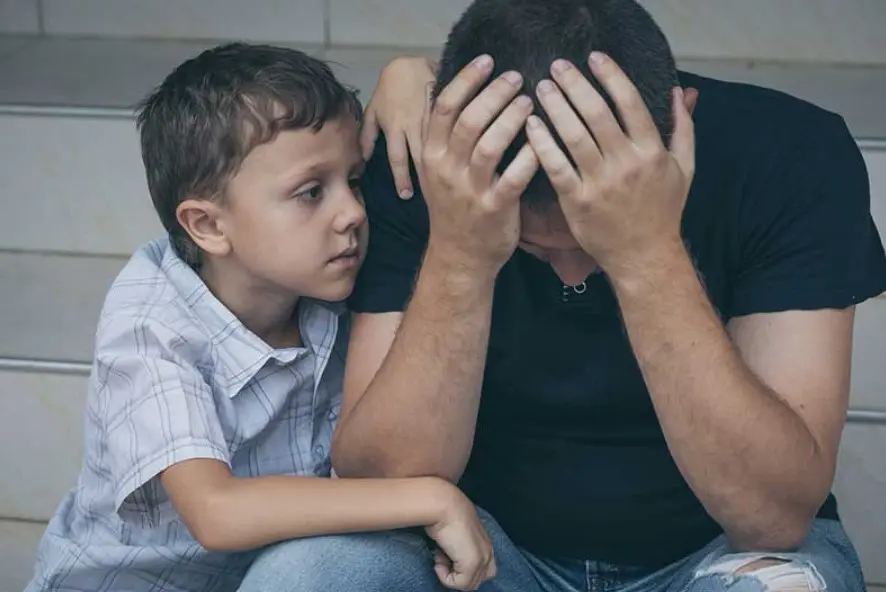While addiction is a deeply personal struggle, you’d be surprised by just how much of an impact it can have on other people. Living with addiction doesn’t just come with struggles for yourself, it has huge implications for other people too, and most often its children who are the most silent victims of all.
Often people who have been through a rehabilitation centre and the process of treatment and recovery will often be surprised by just how big an impact they may have had on their child’s life, in many different ways too.
Recognising the impact of addiction on children is a really important step towards recovery, not just for your own sake but for the wellbeing of the whole family too. So, if you’re unsure, here are a few ways in which your addiction could be impacting your kids…
Emotional and Psychological Effects
One of the biggest impacts you’ll find a parent’s addiction having on a child is the damage to their emotional health. Our children rely upon us for guidance, stability and reassurance and addiction can cause problems for all three. It can lead to feelings of confusion, anger, sadness and fear, constantly worrying about their parent’s wellbeing, as well as their own.
Often children can blame themselves for the situation they find themselves in and it can lead to the likes of anxiety, depression and low self-esteem. Exposure to addiction can also trigger post-traumatic stress disorder, particularly if domestic violence, aggressive behaviour or emotional neglect is commonplace in the household.
Disruption to Routine and Stability
When children thrive, it’s usually down to having a solid routine in place. There’s stability and predictability in their lives. Addiction can put pay to that with lives becoming more chaotic and unpredictable, this can make it tricky to even have regular schedules for meals or bedtime, never mind things like school and homework.
Unreliable parenting can make children feel insecure and neglected and the lack of structure can have an effect in all parts of their life, from academic performance to the ability to trust others. Without that stability, kids can really struggle to form healthy relationships and manage their own responsibilities as they get older.
Increased Risk of Behavioural Problems
Growing up in a household affected by addiction can also lead to behavioural issues. Children may act out in response to the stress and instability they experience at home. This might include aggression, defiance, withdrawal, or attention-seeking behaviour.
In some cases, children mimic the addictive behaviours they witness, normalising substance abuse or destructive coping mechanisms. Research has shown that children of parents with addiction issues are at a higher risk of developing substance abuse problems themselves later in life.
Social Isolation and Stigma
Children with a parent struggling with addiction often feel isolated from their peers. They may avoid inviting friends over or participating in social activities out of fear or embarrassment. The stigma surrounding addiction can make it difficult for them to talk openly about their home life, causing them to bottle up their feelings and internalise their struggles.
This isolation can prevent children from accessing the support they need and make them feel different or ‘less than’ their peers. Without a healthy support system, the emotional toll can become even heavier.
The Opportunity for Recovery and Healing
While the effects of addiction on children can be serious, it’s important to remember that positive change is possible. Seeking help for addiction not only improves your own health and wellbeing but also provides a chance to rebuild trust and stability within your family.
Professional support, such as counselling, therapy, and family support groups, can play a crucial role in healing relationships and helping children process their experiences. Open, honest communication is also essential. Acknowledging the challenges your children have faced, apologising for past behaviour, and involving them in the recovery journey can foster resilience and emotional growth.
Children are remarkably adaptable and capable of healing, particularly when they feel safe, heard, and supported. By taking responsibility for your addiction and committing to recovery, you can create a healthier, more stable environment where your children can thrive.
Also Read-Breathe Easy? Understanding Vaping and Lung Health


